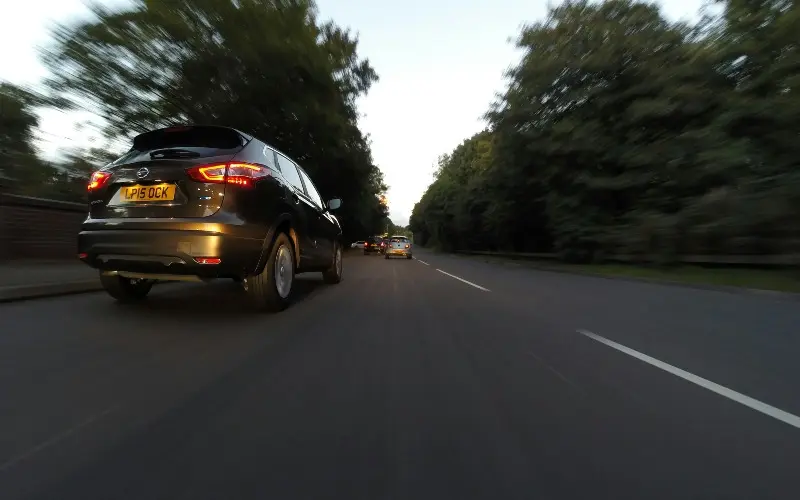Fascinating UK Speed Awareness Course Statistics
How is speeding seen in the UK, and what kinds of statistics shape opinion? Let's find out.
According to official statistics, around 1.84 million drivers attended speed awareness courses in 2024, which is a 3% increase from 2023 and a massive 139% from 2011. Interestingly, over 205,000 drivers were found guilty of speeding offences in the same year, which is up just 1% from 2023, and up a massive 87% from 2011.
These figures are complex, but suggest that nine times more drivers are choosing speed awareness courses over points on their license.
What Happens if You’re Caught Speeding in the UK?
Motorists generally face two possibilities if they’re caught speeding on UK roads.
The first is a speed awareness course, which is offered as an alternative to penalty points on a licence and a fine.
These courses generally last up to four hours either online or in-person and you can only do one of them every three years. They also only apply if you have a minor speeding offence.
The second option is a fixed penalty and points on your licence.
You’ll usually receive 3-6 points depending on the infringement, and repeat offenders can be taken to court or face higher penalties.
Why Do People Attend Speed Awareness Courses?
As we’ve discussed above, more people choose speed awareness courses over penalties and points on their licence. The main reason behind this is that if a driver accumulates 12 points in three years, they’ll receive a driving ban. Choosing a speed awareness course means you don’t have to run this risk.
Speed awareness courses also don’t generally affect insurance premiums, as long as the insurer doesn’t ask. The AA and Admiral do ask, FYI.
They also offer flexibility with in-person and online options available, and research shows that attendees do actually learn from the courses and demonstrate long-term improvements in terms of speed awareness and safer driving.
Is Speeding on The Decline in The UK?
No, because 2.52 million fixed penalties were issued in 2022, up 69% from 2011, and 1.84 speed awareness courses were attended in 2024, which is up from 1.78 million in 2023.
Interestingly, speed awareness courses currently outnumber convictions by around 9:1, which demonstrates a potential cultural shift potentially, with people favouring education.
What Drivers Think About Speed Limits
A recent RAC survey found that 72% of drivers treat speed limits as targets instead of ceilings, with around half of people considering breaking them as socially acceptable.
A further 52% claimed that 20mph zones are inappropriate for the road, which indicates unfavourable attitudes towards speed limits in general.
Final Thoughts: A Combination of Education and Penalties
All in all, speed awareness courses are an everyday part of British road safety culture. They far outpace punitive measures such as fines and penalties, and they offer a practical route to changed driver behaviour. However, with many motorists holding negative attitudes towards speed limits in general, there’s still lots of work to be done by authorities and activists.
All in all, speed awareness courses are likely to remain important tools for tackling road safety, particularly as technology, enforcement, and public education evolve.

